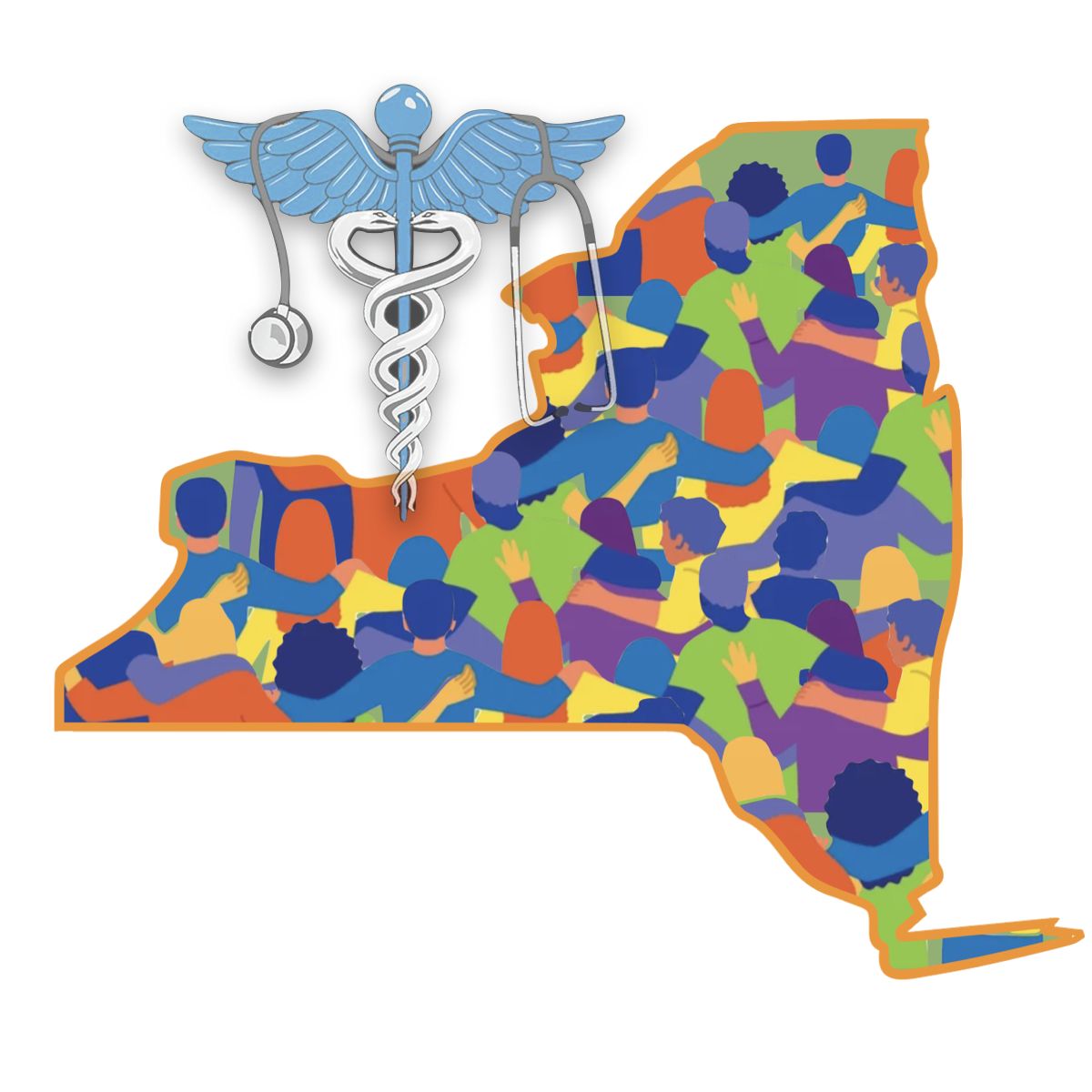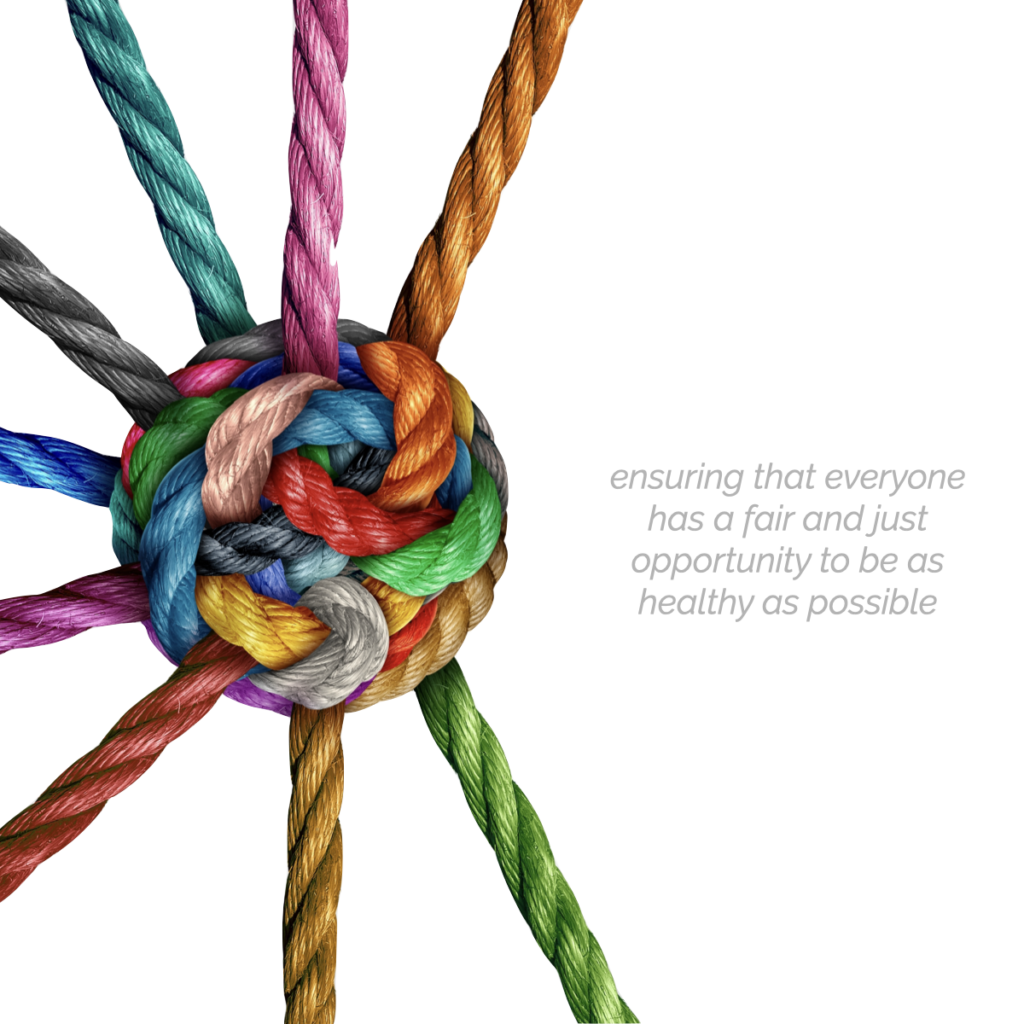Addressing Health Disparities and Promoting Equity
The 1115 Medicaid waiver aims to reduce longstanding disability-related and socioeconomic health disparities. It focuses on improving health equity through measurable improvements in clinical quality and outcomes, particularly for populations with historical health disparities, including people living in poverty, communities of color, older adults, and other vulnerable groups.

Integrating Social Care and Healthcare
A key goal of the waiver is to transform how Medicaid integrates and pays for social care and healthcare. This includes:
- Supporting Health-Related Social Needs: Providing services such as nutrition, housing, and transportation for high-risk populations.
- Establishing Social Care Networks: Integrating primary care, behavioral health, and health-related social needs.
- Funding Allocation: Allocating $3.67 billion for health-related social needs services, activities, and infrastructure.
Improving Access to Care
The waiver focuses on enhancing access to primary care, behavioral health services, and substance use disorder treatment. It aims to better integrate primary care providers with community-based organizations to improve quality and health outcomes.
Supporting Safety Net Providers
The waiver includes $2.2 billion for a Medicaid Hospital Global Budget Initiative, which will help establish sustainable base rates for safety net hospitals serving underserved communities.
Workforce Development
To address healthcare workforce shortages in underserved areas, the waiver allocates $694 million for the recruitment and retention of healthcare workers.


Building a Resilient and Integrated Healthcare System
By addressing these various aspects, the 1115 waiver aims to create a more resilient, flexible, and integrated healthcare delivery system that better serves underserved communities and promotes health equity across New York State, ultimately striving to eliminate health disparities and ensure that all residents have access to high-quality, compassionate care regardless of their socioeconomic status or geographic location.
